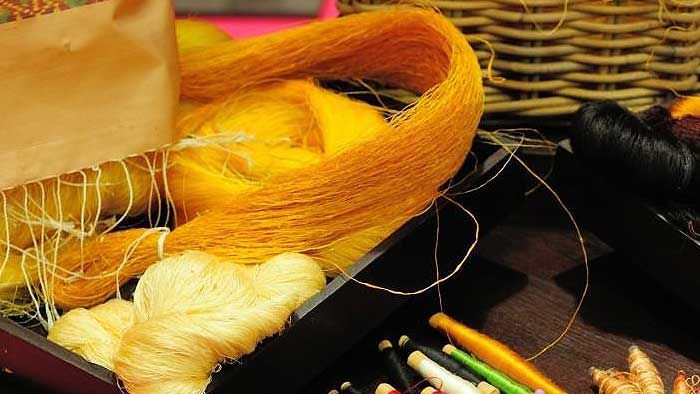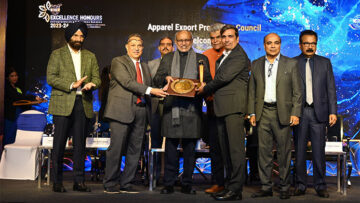
Spinnova, the Finnish sustainable fibre company, recently announced that it is teaming up with local clean energy firm Fortum so as to continue building its bio-based ecosystem for converting the agricultural waste such as straw into textiles – potentially disrupting the use of natural cellulosics such as cotton.
The Finnish fibre company has developed technology for spinning textile fibres out of wood and waste stream-based cellulose. Unlike the toxic viscose process, this sustainable process involves no dissolving or other complex chemicals.
Also, the fibre is said to have a uniquely small footprint and opportunities to create a circular fibre production system.
Likewise, this ground breaking technology also offers an alternative to the use of cotton which is a strain to both land and table waters.
As per the company, if cotton field get replaced with wheat then just 30 per cent of straw is utilised into a bio-based ecosystem, the same amount of textile fibres as from a cotton field could be captured with less water use. Also, a massive amount of straw is burned in Asian countries causing harmful emissions that contribute to the climate change.
In future, the biomass can be used to produce energy and textile fibre. Thus, this will cater to the world’s biggest problem, a growing population that requires more and more natural resources to produce food and clothes.
Janne Poranen, CEO, Spinnova, said, “This would be resource efficiency at its best, also creating a value-added product that is attractive to the consumer, while mitigating climate change. We’re very excited about this collaboration and its environmental impact potential for the future.”
Moreover, Spinnova is also in the process of commercialising its virgin wood-based cellulose fibre product with its other strategic partner, pulp producer Suzano. The company’s raw material commitment is to only use FSC-certified wood or waste streams and recently completed pilot factory line in Jyväskylä marking a major step towards a large-scale production of its sustainable cellulose fibres.
The partnership with Fortum is funded by a programme which is run by Business Finland, a public agency providing research funding to Finnish companies so as to develop value-added products from agro residues and woody biomass. It is worth noting that the initial trials with Fortum have produced very promising results.
Heli Antila, Vice President, Biobased Solutions, Fortum stated that, “Spinnova’s disruptive technology is unique in the world. We are delighted to be able to pilot it together using innovative raw materials, especially agro residues.”






